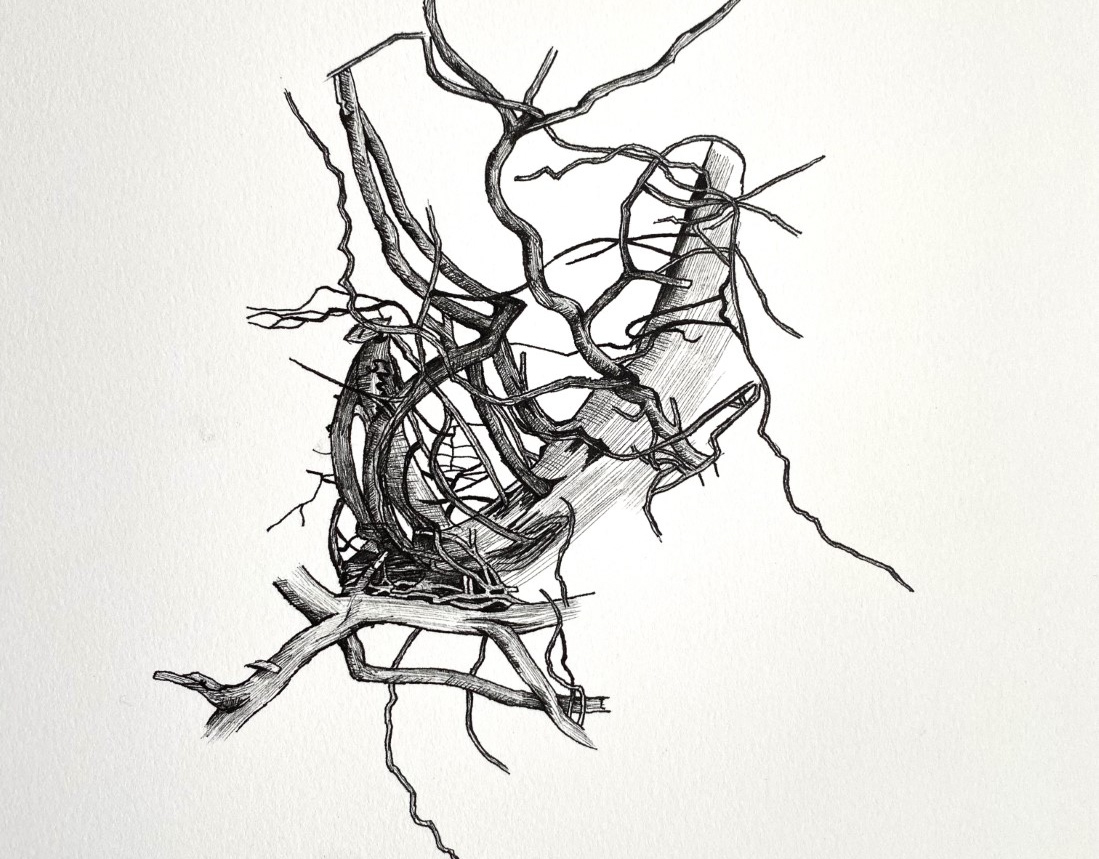Clean Water, Healthy Food: Ecosystem Monitoring by Mi’kmaw Communities in Heavily Agricultural Watersheds in Mi’kma’ki (Atlantic Region)
Our project’s purpose is to bring together Aboriginal organizations, Mi'kmaw Communities, and academic researchers to assess the impact of heavy agricultural land use on ecosystems in Mi'kma'ki (the Atlantic region). This project will address two priorities ('Water Quality' and 'Habitat and Biodiversity') by monitoring the impact agricultural land use on: surface water quality, habitat quality, contamination of riparian and freshwater organisms, and Mi'kmaw traditions and practices. Agriculture impacts water quality, if sediments, nutrients, or pesticides enter surface waters through runoff. These inputs into surface waters can change habitat quality, eliminate sensitive species, and even contaminate wild foods. Unfortunately, watershed level impacts of agriculture are expected to increase with climate change, which will increase heavy rainfall events, and the speed at which sediment and contaminants enter surrounding ecosystems. Atlantic ecosystems will benefit from this project’s coordinated monitoring methods, which will provide a broad picture of agricultural impacts in two provinces. The project will also use spatial analysis to model runoff and identify problem areas within a watershed. A relationship with the traditional territory is inherent in the Mi'kmaw culture, and in concepts such as 'Netukulimk'. For that reason, the project will incorporate Mi'kmaw perspectives and traditional knowledge into ecosystem monitoring by using social science methods to identify the impacts of agriculture on Mi'kmaw community members. In summary, we are proposing a Two-Eyed Seeing approach to ecosystem monitoring at the watershed level which will bring together scientific methods and Mi’kmaw community knowledge to identify and prioritize remediation projects.
Fort Folly Project Funded in part by - 2013 Environmental Trust Fund (ETF) Project - A First Nations Perspective on Social Impact Assessment related to Species at Risk Designation in partnership with the North Shore Micmac District Council (NSMDC)
Cornwallis River Project Funded by: 2015, Atlantic Ecosystems Initiatives (AEI) - Partnership Grant with the Mi'kmaw Conservation Group
Contributions I have made to this project were visual. Creating presentations and photographing cultural significant sites with the assistance of people from the Fort Folly First Nation.
Mount Allison University, Research Assistant with the Department of Anthropology – Cultural Values Mapping – Clean Water, Healthy Food: Ecosystem Monitoring by Mi’kmaw Communities in Heavily Agricultural Watersheds in Mi’kma’ki (Atlantic Region) – Project Lead: Dr. Robert Adlam PhD. Sackville, NB, September 2017 – current and on-going




